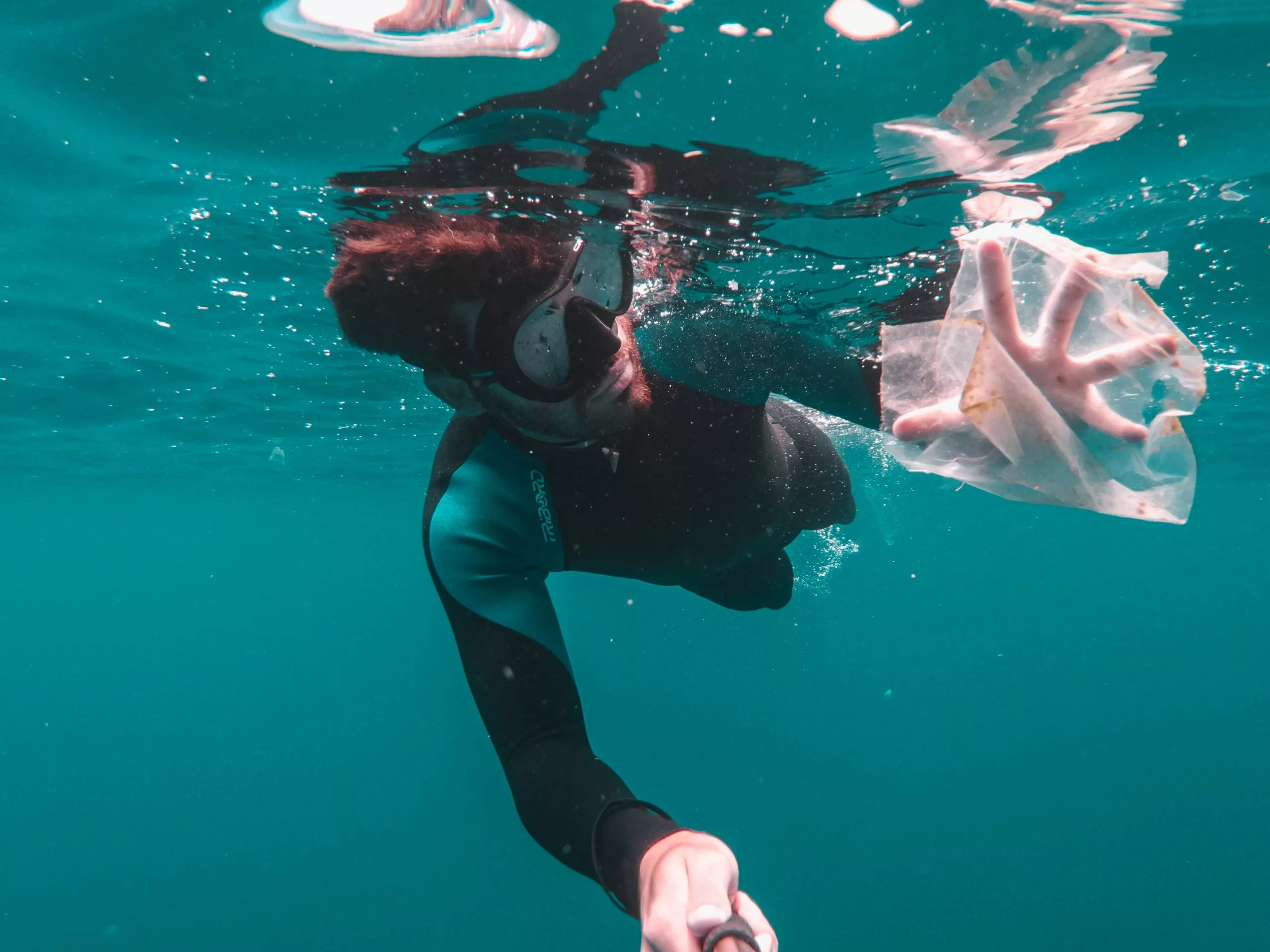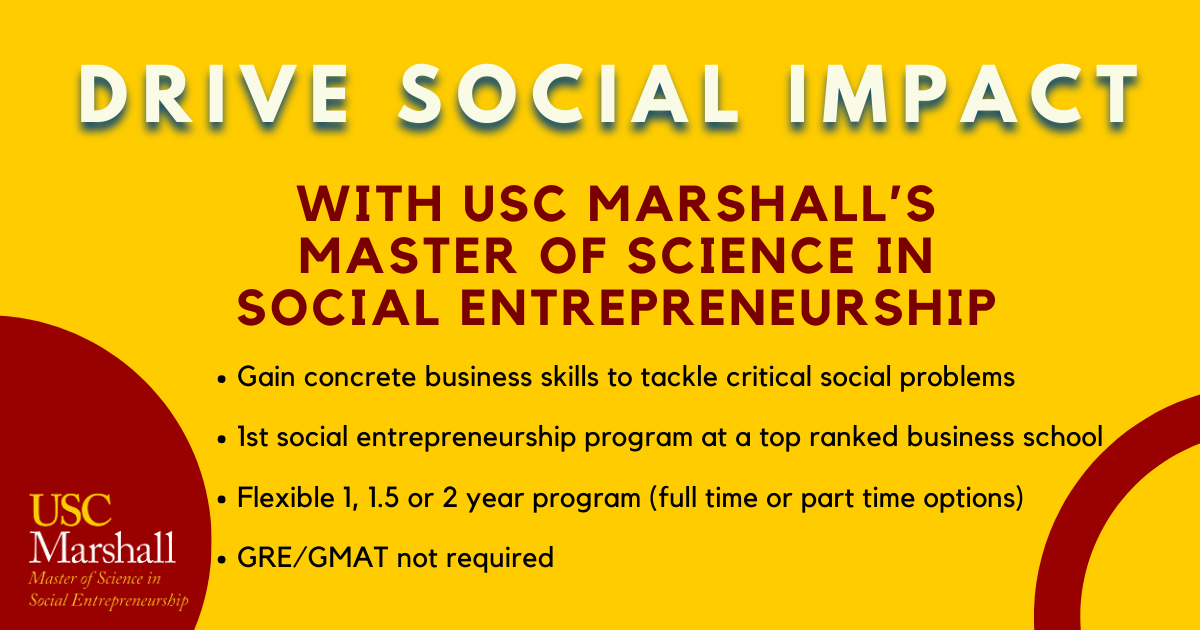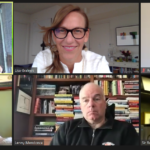It is not news that ocean pollution continues to rank high among the global issues yet to be resolved. No wonder – the rise of plastic production is the exact reason behind the mind-boggling numbers – 14, 250, and 300 million – dominating the awareness-raising speeches made by organizations like National Geographic, Green Peace, and independent environmental activists like Greta Thunberg.
Taking into consideration the over 50% of plastic-made products being designed for a single-use, it is only normal to expect the numbers to double, or, worse, triple during the next decade.
HOW IS MARINE LIFE AFFECTED?
What’s even more concerning is the negative impact pollution has on underwater living beings. We, as divers, notice first-hand the rapidly decreasing number of marine species inhabiting the rich flora of the oceans. If 10 years ago you could still find rare types of coral reefs, stingrays, and fish in the ocean, now your chances of stumbling on unique marine organisms are painfully low.
The plastic that takes many forms including drinking straws, produce bags, water bottles, and takeout containers among many others, is to blame. Every time it is thrown away, it ends up in the landfill, from where it migrates to oceans, the largest ecosystem of our planet. Marine animals tend to mistake it for food, which kicks off the process of plastic releasing harmful chemicals that lodge in their digestive systems and lead to death.
Some plastic items like films and nets are also known to intertwine with aquatic species, thus leading to the entanglement and the consequent extinction.
It is not merely the microscopic creatures that suffer from plastic ingestion – large marine animals lose their lives too. Every single member of the food chain, including humans, is impacted by plastic pollution. This is a good enough reason to rethink the way we approach sustainability in our day-to-day lives.
WHAT CAN BE DONE ABOUT OCEAN POLLUTION?
To not let the predictions about plastic taking over fish and domineering oceans by 2050 become a reality, we must act. And by act, we don’t mean solely educating ourselves on the matter – this is not sufficient anymore. We have to make changes in our lifestyle regardless of how ‘inconvenient’ it might seem at the beginning. From the easiest to implement to the more complex measures, here are the ways you can reverse the ocean pollution:
- Minimize the use of disposable plastic
Perhaps the easiest way to reduce your use of disposable plastic is to stop buying water bottles. Fun fact – it takes 3 (!) liters of water to produce a 1-liter plastic water bottle. It doesn’t sound that fun when you know about the implications, does it? Not to mention the tremendous amount of CO2 released into the environment during transportation of water bottles.
Instead of water bottles, invest in a good-quality water filter that will allow you to drink tap water while simultaneously saving the planet. And, when on the go, a reusable water bottle will do the trick.
Have you seen videos of turtles with plastic straws stuck in their nostrils? It’s certainly not a pleasant sight, but it’s a must-watch for skeptics who continue to drink their beverages with single-use straws.
Nowadays there are bamboo, glass, metal, silicone, and stainless steel straws that can be used over and over again. Consider purchasing an alternative that is good for the environment and for you.
Take-out containers, one-use cutlery, dry cleaning bags, and coffee cups all belong to the category of products you should avoid as often as possible. You’d be surprised by how many sustainable options there are on the market if you just searched in Google or Amazon, say, ‘reusable snack bags’.
- Learn how to properly recycle
Whenever you purchase an item made from plastic, make sure it is recyclable. The rule of thumb states that if you can’t reuse, reduce, or recycle, it’s better not to buy it.
According to the Environmental Protection Agency, only around 8.4% of plastic actually gets recycled. This leaves us with the 91.6% of plastic that eventually ends up littering oceans.
We agree that the lack of infrastructure to properly recycle is a part of the issue. With most people recycling water bottles only, the fate of the rest of the single-use plastic is unknown. This has to be changed and learning what and how to recycle is the first step towards bringing the number of recyclable items up to at least 50%.
Make a habit of recycling paper, gift wraps, batteries, plastic, glass, used oil, tires, and household hazardous waste. While for the first 5 there are in-store recycling bins and recycle centers, it is more challenging to find where to recycle the last 3.
For used oil, you would have to bring it to the garage and auto-supply stores for recycling. The same thing can be done with tires which can also be collected during the community-held collection events. Lastly, the corrosive and toxic household items can be brought to collection events – check with your local waste management agencies for direct steps on how to do it.
- Steer away from products that contain microbeads
Those innocent little granules you see in toothpaste, sunscreens, exfoliating face scrubs, and shower gels are not as insignificant as they appear. They are, in fact, plastic pellets that contribute to ocean pollution just as heavily as the bigger plastic particles.
Contrary to popular belief, these microbeads aren’t caught by the water filtration systems because of their minuscule size. Every time you wash them down the drain, they make their way to the sewer systems, and, ultimately, to oceans.
Even though some countries have already banned the production of goods with intentionally-added microbeads, there is still a big number of them contaminating waters. For this reason, we urge you to not aggravate the already disastrous ecological conditions by steering away from plastic microbeads.
To avoid making mistakes, look for ‘polyethylene’ and ‘polypropylene’ in the ingredient list when shopping for cosmetic and household items. Or, better, go for baking soda and oatmeal-based products for the best scrubbing power.
- Take part in beach cleanups
The most rewarding way to fight ocean pollution is to participate in beach cleanups. By removing the plastic directly from the places where it enters the global waters, you see the real-life change you are making alongside hundreds of other eco enthusiasts in the community.
Beach cleanups are crucial for the prosperity of marine life. Since a lot of water species depend on the beach environment as an area where they can nest and multiply, shores have to be free from the trash. With people continuously leaving junk on beaches, this is hardly ever the reality.
To bring it closer to reality, you can commit to being a concerned citizen of the planet at least one day a month. Gather your friends and family, join other volunteers, and give back aquatic creatures their home.
You can also get permission from local authorities and organize a beach cleanup yourself. It will take some time to find volunteers, prepare cleaning supplies, and schedule a date, but the end result is well worth it.
- Support plastic elimination bans
It takes a global effort to make a lasting change – the change that starts from one person’s initiative to make a difference. This is precisely how plastic elimination bans started at the beginning of 2019. A simple ban on plastic straws in restaurants in January of last year caused the global movement that we are witnessing today.
While there are many countries across the world that have already banned plastic bags, we have still got a long way to go to ban other forms of plastic too.
So, make an effort to regularly check with your local authorities for new environmental policies you can support. Don’t shy away from being among the first ones in your community to adopt the new policy – lead by example.
THE KEY TAKEAWAY
The list is overwhelming, especially if plastic products are a big part of your life. That said, don’t let it stop you from taking one less plastic cup on your way to work or dedicating one Sunday a month to help get rid of the plastic debris at your local beach. When everyone takes small steps towards the bigger goal, it becomes easier to see the progress being made.
We encourage you to participate in the plastic-free July challenge by choosing 2-3 deeds you can commit to this month. Be it refusing plastic straws when purchasing a drink, putting groceries in reusable produce bags, or buying your pet an eco-friendly drinking bowl, know that your actions for the global good matter.







